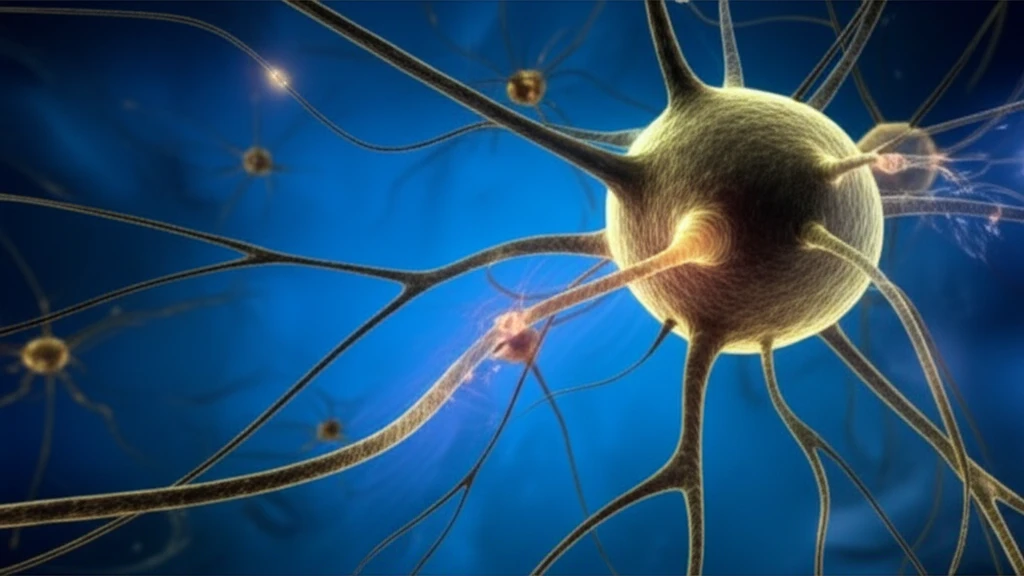
Decoding Nerve Pain: What You Need to Know About Neuropathy
"A comprehensive guide to understanding, managing, and living well with neuropathy."
Neuropathy, a condition involving damage to the peripheral nerves, affects millions worldwide. These nerves, which transmit signals between the brain and spinal cord to the rest of the body, are crucial for sensation, movement, and various bodily functions. When these nerves are damaged, it can lead to a range of debilitating symptoms.
The symptoms of neuropathy vary widely depending on the type of nerves affected (sensory, motor, or autonomic) and the extent of the damage. Common symptoms include pain, numbness, tingling, muscle weakness, and difficulties with coordination. Neuropathic pain is often described as burning, stabbing, or electric-shock-like, and can be constant or intermittent.
This article provides a comprehensive overview of neuropathy, covering its various causes, symptoms, diagnostic approaches, and management strategies. We'll explore the latest research findings and practical tips to help you understand and navigate this complex condition, so you can improve your quality of life and manage your symptoms effectively.
What are the Primary Causes of Neuropathy?

Neuropathy can stem from a variety of underlying conditions and factors. Understanding the root cause is crucial for effective management and treatment. Here are some of the most common culprits:
- Autoimmune Diseases: Conditions like rheumatoid arthritis, lupus, and Sjogren's syndrome can cause neuropathy as the immune system mistakenly attacks the nerves.
- Infections: Certain infections, such as shingles, Lyme disease, and HIV, can directly damage nerves or trigger an immune response that leads to neuropathy.
- Injuries: Physical trauma from accidents, falls, or surgeries can compress, crush, or sever nerves, resulting in localized neuropathy.
- Vitamin Deficiencies: Insufficient levels of essential vitamins like B12, B6, and E can impair nerve function. Vitamin deficiencies are more common in individuals with poor diets, gastrointestinal disorders, or alcoholism.
- Exposure to Toxins: Certain chemicals, heavy metals (like lead and mercury), and medications (such as chemotherapy drugs) can be toxic to nerves, causing neuropathy.
- Genetic Disorders: Some individuals inherit genetic mutations that predispose them to developing neuropathy. These genetic forms of neuropathy may manifest at different ages and with varying degrees of severity.
- Kidney Disease: When the kidneys fail to properly filter waste products from the blood, these toxins can accumulate and damage nerves, leading to uremic neuropathy.
Taking Control of Your Nerve Health
Living with neuropathy presents numerous challenges, but with the right knowledge and strategies, it is possible to manage symptoms and improve your overall quality of life. By understanding the underlying causes, exploring various treatment options, and adopting healthy lifestyle practices, you can take control of your nerve health and live a fulfilling life. Always consult with your healthcare provider to develop a personalized plan that meets your specific needs and goals.
